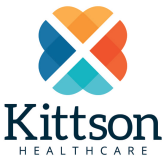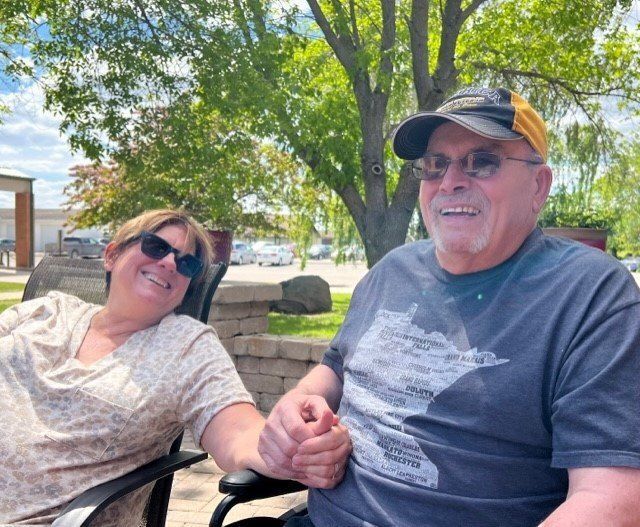
Healthcare Decisions Day: Why It Matters
Healthcare Decisions Day is on the horizon! This vital day, observed annually on April 16th, was founded by healthcare attorney Nathan Kottkamp to encourage individuals to make informed choices about their medical care. The timing—right after Tax Day, aligns with Benjamin Franklin’s famous quote:
“In this world, nothing is certain except death and taxes.”
While thinking about future medical decisions may seem daunting, planning ahead ensures that your wishes are known and respected.
What is an Advance Directive?
An Advance Directive is a legally binding document that specifies who can make healthcare decisions on your behalf if you become unable to communicate. It also outlines your preferences regarding medical treatments, ensuring your healthcare aligns with your values and wishes.
Who Needs an Advance Directive?
Everyone! Although advance directives are often discussed during clinic visits, surgeries, or with aging patients, any adult should have one in place. Medical emergencies can happen at any time, making it crucial to have a plan.
Why Are Healthcare Directives Important?
Without a documented healthcare directive, medical providers will use all available means to sustain life. If a patient is incapacitated and lacks an advance directive, a court-appointed decision-maker may be assigned—potentially leading to confusion and distress for loved ones.
Advance Directives Help:
✔ Prevent unnecessary treatments
✔ Give you control over your healthcare choices
✔ Offer legal protection
✔ Reduce stress on loved ones making tough decisions
Since healthcare preferences vary, having written documentation ensures that your unique wishes are honored.
Types of Advance Directives
There are several types of healthcare directives to consider:
- Living Will – Specifies medical treatments you do or do not want.
- Durable Power of Attorney for Healthcare (POA) – Appoints a trusted person to make decisions on your behalf.
- Physician Orders for Life-Sustaining Treatment (POLST) – Documents specific medical interventions, often for those with serious illnesses.
- Medical Orders for Life-Sustaining Treatment (MOLST) – Similar to POLST, with additional medical details.
- Do Not Resuscitate (DNR) Order – Prevents CPR if your heart stops.
- Do Not Intubate (DNI) Order – States that you do not want a breathing tube if you stop breathing.
- Organ and Tissue Donation – Specifies your donation preferences.
Where Can You Complete an Advance Directive?Advance directives can be completed at:
- Your healthcare provider’s office
- Local county/state health departments
- With an attorney
- Online through state-approved resources
What is the Five Wishes Document?
The Five Wishes document is a legally recognized living will in all 50 states. This comprehensive form allows individuals to outline personal, emotional, and spiritual needs along with medical preferences. Many healthcare providers offer this as a one-stop solution for advance care planning.
Key Considerations for Advance Directives
- Inform your appointed decision-maker and provide them with a copy of your directive.
- File your directive with your primary healthcare provider.
- Review and update your directive annually to reflect any changes.
- Re-file your documents if you move states, as requirements may vary.
- EMS personnel may not have immediate access to your directive, so ensure you have a readily available Do Not Resuscitate (DNR) or Do Not Intubate (DNI) order if applicable.
Take Control of Your Healthcare Decisions Today
Planning ahead gives you peace of mind and protects your loved ones from making tough decisions without guidance. Don’t wait for a medical crisis—take action today to ensure your healthcare preferences are respected.
For more information or assistance in completing an advance directive, contact Kittson Healthcare today!










